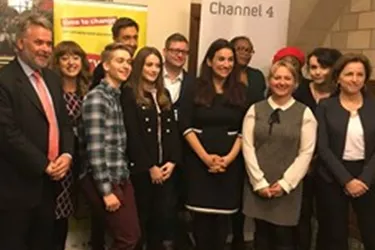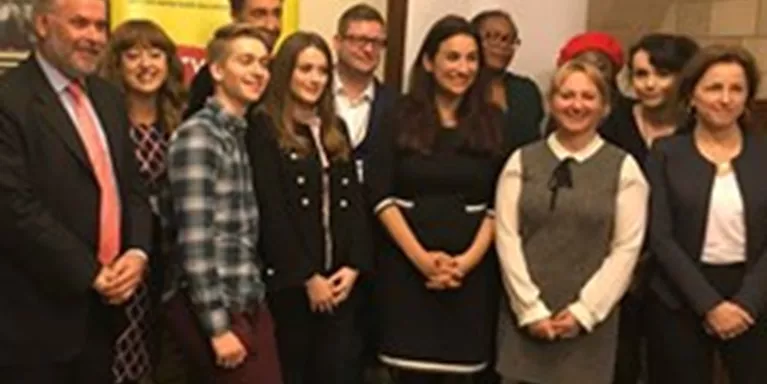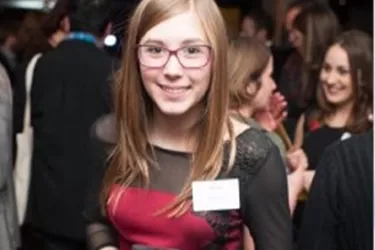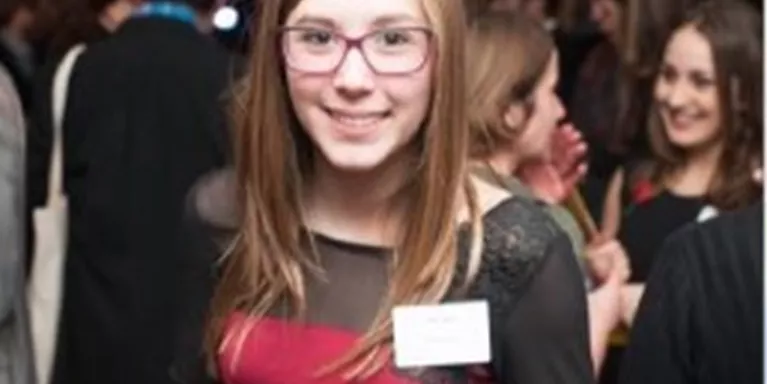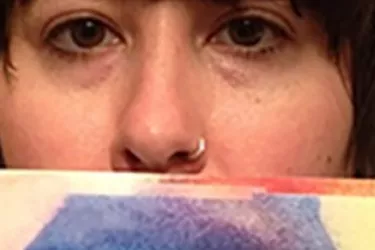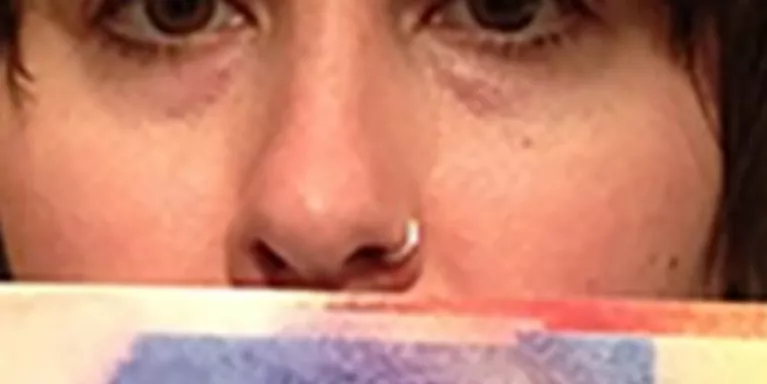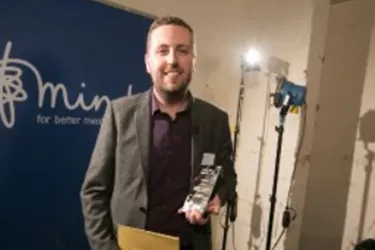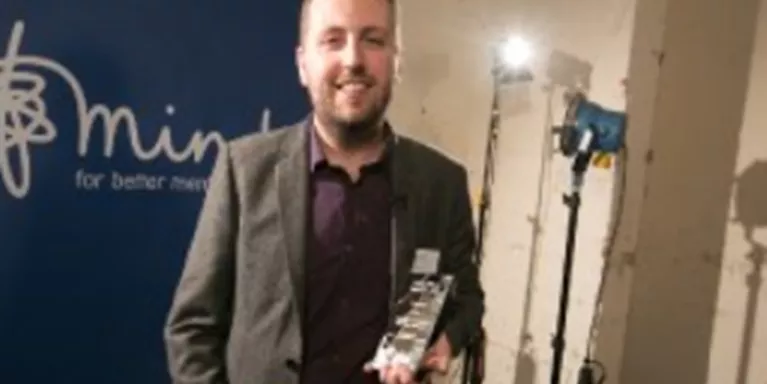All My Happy Friends
Cardiff based filmmaker Paul Howard Allen has just produced a short film “All My Happy Friends”, which highlights the potentially damaging effect of social media on mental health. The film also features GP, Dr. Simon Braybook. Paul and Simon write about the pros and cons of using social media.
Paul
"What’s the motivation for posting glowing photos from my life when the reality is I’m actually going through a tough time?"
A couple of years ago I wasn’t in a great place, and realised that looking at Facebook was definitely making me feel worse. Coming from a background in psychology, I liked to imagine I was immune from believing the curated narratives that people presented on social media.
I’m not.
The effect of seeing a stream of subtly self-promotional posts seeped in unconsciously, despite the fact that I could clearly see the massive disparity between what people were presenting online and ‘real’ life. This disparity came into sharp focus when it came to deciding what I would post on my own social media feed. What’s the motivation for posting glowing photos from my life when the reality is I’m actually going through a tough time? I remember posting some vaguely self-promotional photos on Facebook and wondering how they would be perceived by other people. Weirdly enough they didn’t show me suffering from the panic attacks and anxiety that I experience.
I reflected on the impact of other people’s posts on me and realised I’m part of the problem if I use social media to present an airbrushed version of my own life. This is something I wanted to explore in the film ‘All My Happy Friends’.
I think we convince ourselves that we share such posts because our friends and family want to see them - that they would want to know what we’re up to. Yes, undoubtedly this is the motivation in many cases and the ‘social’ aspect of social media can be extremely positive. I suspect, however, that the truth is often less flattering.
There’s an inherent reward in getting ‘likes’, seeing people validate our life. I became interested in this game of subtle - but not so subtle - subtext in people’s posts and wondered what it would be like if the subtext was made explicit in a visual way. It would be hideous, wouldn’t it?
For the film I thought of the idea of people verbalising the self-promotional subtext as if they were making a PowerPoint-style presentation. I also wanted to explore the idea that there may be a negative reciprocity in terms of self-promotional posting. If we are believing each other’s hype, then aren’t we just dragging each other down? This isn’t about ‘happy people’ and ‘sad people’ - I think life’s a bitter-sweet mix for everyone.
I’m not sure how much you can encapsulate all these thoughts in a 3-minute film, but hopefully it will ring true with some people. Our next challenge is getting people to watch it.
Time to post on Facebook.
Simon
"It’s how we use social media that matters. Using it to actively stay in touch with the people and groups who matter to us can be a benefit."
We are becoming increasingly aware of the potential negative impact of social media on mental wellbeing, particularly in children. This impact appears to be more than that of increased ‘screen time’ compared to face-to-face or social activities. It is also connected to the unrealistic expectations we place on ourselves by comparing how we see our lives – often over-emphasising our perceived flaws – to how we see our friends and acquaintances – over-emphasising their strengths.
That is not to say that social media is all bad. During a period of mental ill health recently I used social media to reach out to people I knew with how I was feeling and got lots of encouraging offers of meeting for a cuppa, board game etc. And, of course, Mind’s own website Elefriends is a powerful example of how social media can be used in a mental health crisis for peer support.
As with so many things, it’s how we use social media that matters. Using it to actively stay in touch with the people and groups who matter to us can be a benefit. Passively scrolling through other people’s updates can be a real harm. And if we find ourselves comparing our “insides” to others “outsides”, perhaps we should consider stepping away from the screen for a while and meet understanding people face to face instead.

Information and support
When you’re living with a mental health problem, or supporting someone who is, having access to the right information - about a condition, treatment options, or practical issues - is vital. Visit our information pages to find out more.
Share your story with others
Blogs and stories can show that people with mental health problems are cared about, understood and listened to. We can use it to challenge the status quo and change attitudes.










